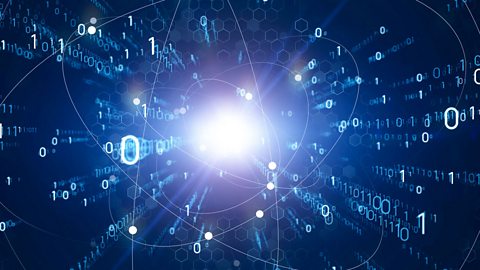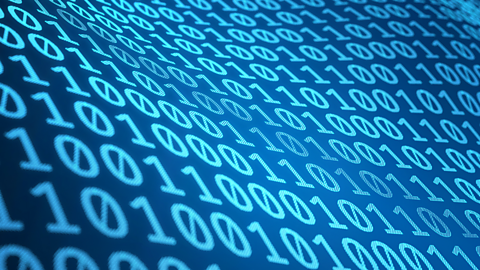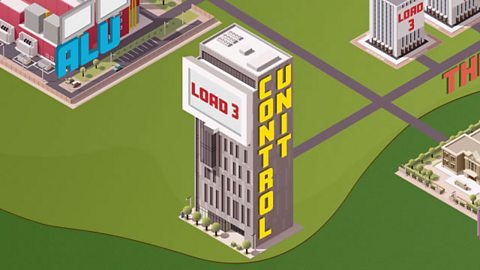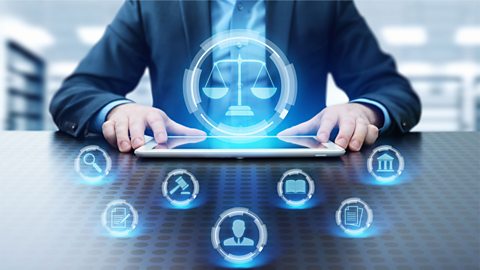Principles of computer science
Decomposition and abstraction - Edexcel
Decomposition is a crucial step for an algorithm to be designed effectively. Once a problem is broken down into smaller steps, it can then be understood much easier, rather than attempting to solve it as a whole.

Algorithms - Edexcel
Algorithms are step-by-step plans for solving problems. Algorithms can be designed using pseudo-code, flowcharts, written descriptions and program code. There are also some standard algorithms for searching and sorting.

Further algorithms - Edexcel
Programs must run correctly or they are of little value. The careful planning and testing of a program is essential, as is writing code which assists future updating.

Truth tables - Edexcel
Computers are collections of transistors and circuits. These connect together to form logic gates, which in turn are used to form logic circuits. These can be represented as truth tables, Boolean algebra logic statements, and diagrams.

Binary and data representation - Edexcel
All data in a computer is represented in binary, whether it is numbers, text, images or sound. The computer software processes the data according to its content.

Computers - Edexcel
The CPU is the part of a computer system that runs programs and processes data. CPUs use the fetch-decode-execute cycle to do this. The CPU is an internal component of the computer hardware. Operating systems and utilities are programs used to manage and maintain the computer system.

Programming languages - Edexcel
Programming languages are classified as high-level or low-level languages. Translators are needed to translate programs into the machine code that a computer understands. Different languages are more suitable for different tasks.

Networks - Edexcel
A network is when more than one device is connected in order to communicate. There are different types of networks which are used for different purposes.

Network security and cybersecurity - Edexcel
Networks operate on the principles of communication and sharing. That means network traffic and data could be accessed by people who have no authority to do so. Enhanced security measures can help to prevent cyberattacks.

Encryption - Edexcel
The information stored and sent using computers can be sensitive. Encryption is used to ensure that data can be stored and messages can be sent securely over a network.

Environmental, ethical and legal concerns - Edexcel
The use of computers has brought about environmental, ethical and legal issues and concerns. These increasingly affect people's daily lives.

Links
- External linkExternal link
- External linkExternal link
- External linkExternal link
- External linkExternal link
- External linkExternal link
- SubscriptionSubscription